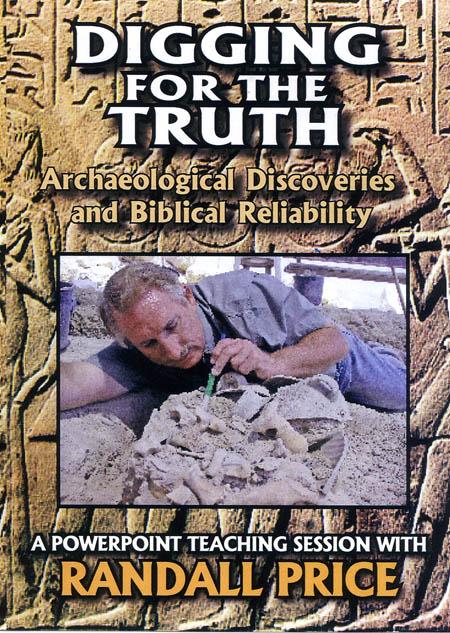Over at The Atlantic, Dylan Bergeson reports on the shenanigans that pass for archeology in the Palestinian West Bank. The focal point is an evangelical pastor from Texas, Randall Price, who for political reasons has been given permission by Israel to excavate in Qumran where the Dead Sea Scrolls were found. It’s a mythically charged atmosphere, where every find is fitted into bible stories. This “research” is not designed to test any hypotheses. Instead, the method is straight confirmation — all artifacts are speculatively linked to something in the bible. This procedure has a long history:
Biblical archeology began as a largely evangelical academic movement about 200 years ago. Its most influential advocate, an American scholar named William Albright, spent the early 20th century building what became known as the Albrightian Consensus, the convention that archeology provides physical evidence for the Old Testament–which, conversely, can be used as historical source material in planning and conducting digs.
Initial “proofs” included burned rubble near Jericho, which was attributed to the dramatic story in the Book of Joshua in which the Israelites brought down the city’s walls using trumpets. Though Albright’s movement was ultimately discredited, it continues to influence new generations of religious scholars who, as one popular adage goes, “hold the Bible in one hand and a spade in the other.”
Given this history, we might reasonably predict that it would lead to outcomes like this:
Pastor Price believes that DNA from charred goat bones he discovered at Qumran will prove a genetic match for the leather skins of the Dead Sea Scrolls. He theorizes that the bone deposits are in fact evidence of an ancient ritualized feast that anticipated the coming messiah. Many of his supporters take the claim further, saying Price has hit on evidence of the Last Supper–an interpretation he is careful to distance himself from, though he won’t deny the possibility.
Price’s speculation is not of course a “theory.” It could be a hypothesis, though it seems doubtful that he or anyone else connected with the project is interested in falsification.

This kind of myth-driven archeology reminds me of Nazi projects conducted along similar lines. Heinrich Himmler was fascinated by volkisch tales of ancient German superiority, and convinced that such myths could be archaeologically proven. To this end, “scholarly” SS units excavated all over Germany in an effort to find confirming evidence. Hitler was aware of these efforts and indulged them, but privately remarked that Himmler was only going to find that barbaric Germans were living in squalid mud huts when Greeks and Romans were building western civilization.
I’ve always thought this was fairly humorous, and constitutes perhaps the best evidence that Hitler was quite rational and fully aware that his larger project required a mythological foundation.

